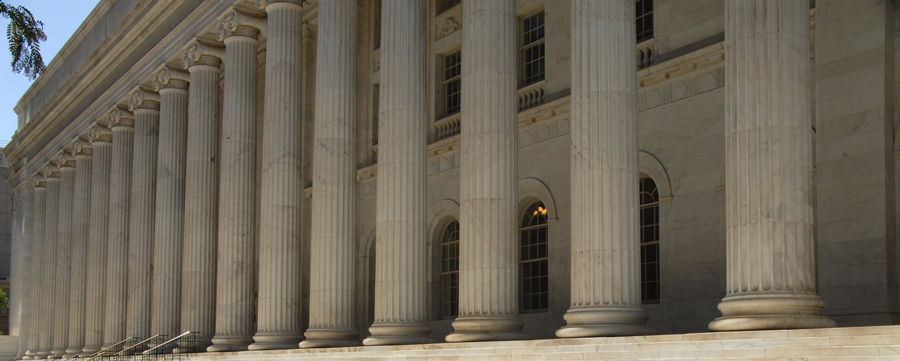Abstract
The barrage of over sixty failed lawsuits filed by lawyers representing former President Donald Trump and his allies seeking to overturn the 2020 presidential election brought forth numerous calls to sanction these lawyers. So far, Rule 11 and disciplinary sanctions have reached one of the most public of the pro-Trump lawyers, Rudolph Giuliani, as well as some of the lawyers who filed and put their names on the complaints initiating the frivolous cases. This Essay discusses the need to impose sanctions on the lawyers behind the scenes—who directed and coordinated the bogus cases—but so far have largely evaded accountability.The authors argue that failing to impose liability would enable and encourage these and other lawyers to direct and coordinate the filing of similarly meritless lawsuits in the future whenever a candidate they support loses an election. The authors analyze potential ethical liabilities for the Trump legal team under the Model Rules and analogize them to their counterparts in substantive criminal law. The Essay then addresses whether withdrawal after a frivolous suit has been filed provides a defense to ethical liability. The authors conclude by discussing the purposes that drive and guide the imposition of lawyer discipline and why these purposes support sanctioning Trump’s shadow lawyers.
Keywords
Ethics, President, Donald, Trump, Failed, Lawsuits, 2020, Election, Sanctions, Rule 11, Discipline, Lawyer, Disciplinary, Meritless, Accountability, Liability, Withdrawal, Model Rules, Rudolph, Rudy, Giuliani, Complaints
